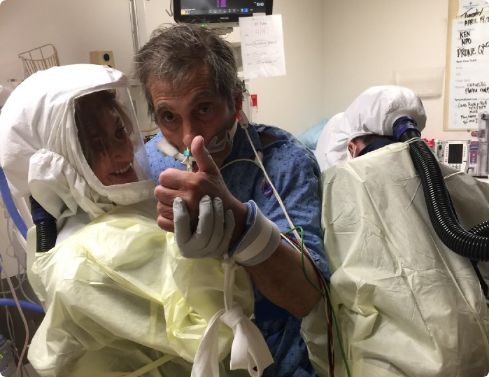Our Mission
The Dayton ICU Consulting team is dedicated to improving ICU patient care and creating better work environments for ICU staff. We do this by working to humanize intensive care units through the implementation of evidence-based practices for intubation, sedation, and early mobility in the ICU, as well as the application of modernized methods of prevention and management of delirium in the ICU.
We promote a more cost-effective, humane form of care, and inspire the creation of an environment where patients aren’t just more likely to survive, but also thriving, as well. We dream of the day when ICUs will be characterized by less compartmentalization, more interdisciplinary collaboration, improved communication between clinicians, patients, and their families, and the implementation of the Awake and Walking ICU method as a standardized process of care.
Click here to learn more about our founder, Kali Dayton.



